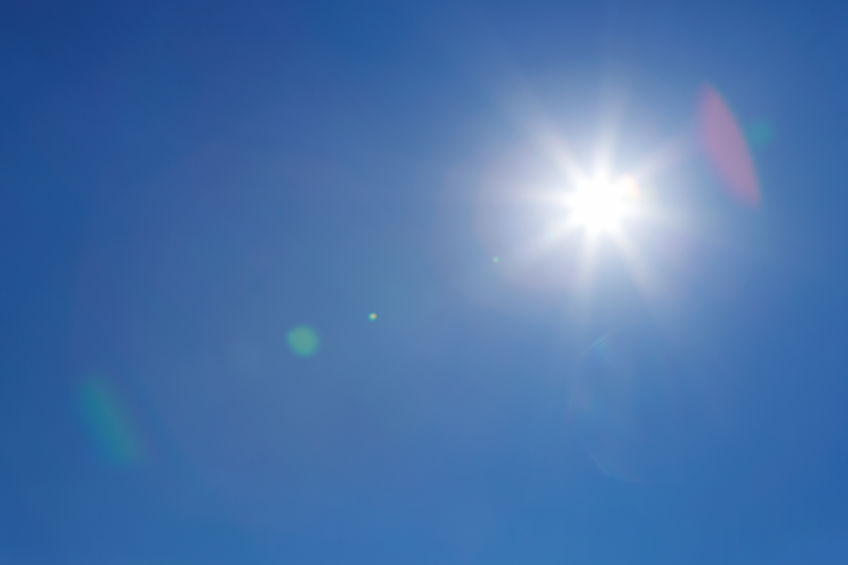Welsh hay and silage crop affected by ongoing heatwave

The lack of rain and sustained heat in Wales has led to slow grass growth, affecting hay and silage yields.
Welsh farmers have had to deal with extremities in the weather for almost a year now, according to NFU Cymru.
Firstly, farmers put up with the prolonged period of rain during the winter, followed by heavy snow storms in February and March.
And now, a period of dry, warm weather is having an impact on farmers right across Wales.
The lack of rain has stunted grass growth and, combined with the intense heat burning off the crops, is leading to lower yields of hay and silage.
The dry weather is also affecting water supplies on Welsh farms, with reports of many farm wells, ponds, ditches and some boreholes running dry.
NFU Cymru President, John Davies added: "The priority for livestock farms will be protecting the welfare of their animals, putting plans in place to ensure these animals’ needs are met, making sure they have access to fresh water and shade from the sun."
“We’ve heard of farmers who are already using their winter supplies of fodder to feed livestock and with fodder already at a premium this could become a real problem later in the year."
Fodder bank
In response to the dry weather, on the back of a very late spring, the NFU has reopened its Fodder Bank to help farmers source forage and straw.
The union has relaunched its Fodder Bank to help its members find feed for their animals - or sell any surplus.
Speaking about the dry weather, Andrew Ward of Forage Aid said: “The livestock industry continues to have challenging times and again it is weather related. Last winter and spring it was the wet cold weather causing animals needs to outstrip availability of feed and bedding.
"Now it is a heatwave and potential drought which poses fresh challenges. For a while now Forage Aid has been encouraging farmers to place forward orders with their merchants for this coming winter.
"Late drilling of spring crops in the east means straw yields will be low and so availability will be tight.
Mr Ward added: "The current hot dry weather is limiting grass growth so, as well as straw, forage will be in short supply. We are pleased to be working with the NFU to help promote the Fodder Bank which is a great way of linking farmers with a surplus to farmers with a need.”








